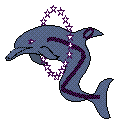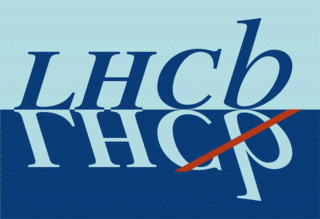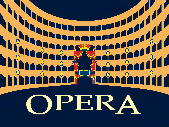MinimumBias primary dataset in AOD format from Run of 2012 (/MinimumBias/Run2012B-22Jan2013-v1/AOD)
/MinimumBias/Run2012B-22Jan2013-v1/AOD, CMS collaboration
Cite as: CMS collaboration (2017). MinimumBias primary dataset in AOD format from Run of 2012 (/MinimumBias/Run2012B-22Jan2013-v1/AOD). CERN Open Data Portal. DOI:10.7483/OPENDATA.CMS.HU6U.DRLD
Dataset Collision CMS 8TeV pp CERN-LHC
Description
MinimumBias primary dataset in AOD format from RunB of 2012. Run period from run number 193833 to 196531.
The list of validated runs, which must be applied to all analyses, can be found in
CMS list of validated runs Cert_190456-208686_8TeV_22Jan2013ReReco_Collisions12_JSON.txt
Dataset characteristics
26199328 events. 1380 files. 4.7 TiB in total.System details
FT53_V21A_AN6CMSSW_5_3_32
Recommended container image for analyses is available in the following locations (see guide):
docker.io/cmsopendata/cmssw_5_3_32-slc6_amd64_gcc472:latestgitlab-registry.cern.ch/cms-cloud/cmssw-docker-opendata/cmssw_5_3_32-slc6_amd64_gcc472:latest
How were these data selected?
Events stored in this primary dataset were selected because of the presence of low-energy particles (soft-QCD events). This trigger is favorable over the ZeroBias one when the luminosity, and thus the rate of collisions to tape, is too low for ZeroBias to be effective.
Data taking / HLT
The collision data were assigned to different RAW datasets using the following HLT configuration.
Data processing / RECO
This primary AOD dataset was processed from the RAW dataset by the following step:
Step: RECO
Release: CMSSW_5_3_7_patch5
Global tag: FT_R_53_V18::All
Configuration file for RECO step reco_2012B_MinimumBias
HLT trigger paths
The possible HLT trigger paths in this dataset are:
HLT_JetE30_NoBPTX
HLT_JetE30_NoBPTX3BX_NoHalo
HLT_JetE50_NoBPTX3BX_NoHalo
HLT_JetE70_NoBPTX3BX_NoHalo
HLT_Physics
HLT_Physics5E33_2b
HLT_Physics5E33_48b
HLT_Physics5E33_84b
HLT_PixelTracks_Multiplicity70
HLT_PixelTracks_Multiplicity80
HLT_PixelTracks_Multiplicity90
HLT_Random
HLT_ZeroBias
HLT_ZeroBiasPixel_DoubleTrack
How were these data validated?
During data taking all the runs recorded by CMS are certified as good for physics analysis if all subdetectors, trigger, lumi and physics objects (tracking, electron, muon, photon, jet and MET) show the expected performance. Certification is based first on the offline shifters evaluation and later on the feedback provided by detector and Physics Object Group experts. Based on the above information, which is stored in a specific database called Run Registry, the Data Quality Monitoring group verifies the consistency of the certification and prepares a json file of certified runs to be used for physics analysis. For each reprocessing of the raw data, the above mentioned steps are repeated. For more information see:
CMS data quality monitoring: Systems and experiences
The CMS Data Quality Monitoring software experience and future improvements
The CMS data quality monitoring software: experience and future prospects
How can you use these data?
You can access these data through the CMS Open Data container or the CMS Virtual Machine. See the instructions for setting up one of the two alternative environments and getting started in
Running CMS analysis code using Docker
Files and indexes
Disclaimer
These open data are released under the Creative Commons Zero v1.0 Universal license.
Neither the experiment(s) ( CMS ) nor CERN endorse any works, scientific or otherwise, produced using these data.
This release has a unique DOI that you are requested to cite in any applications or publications.







